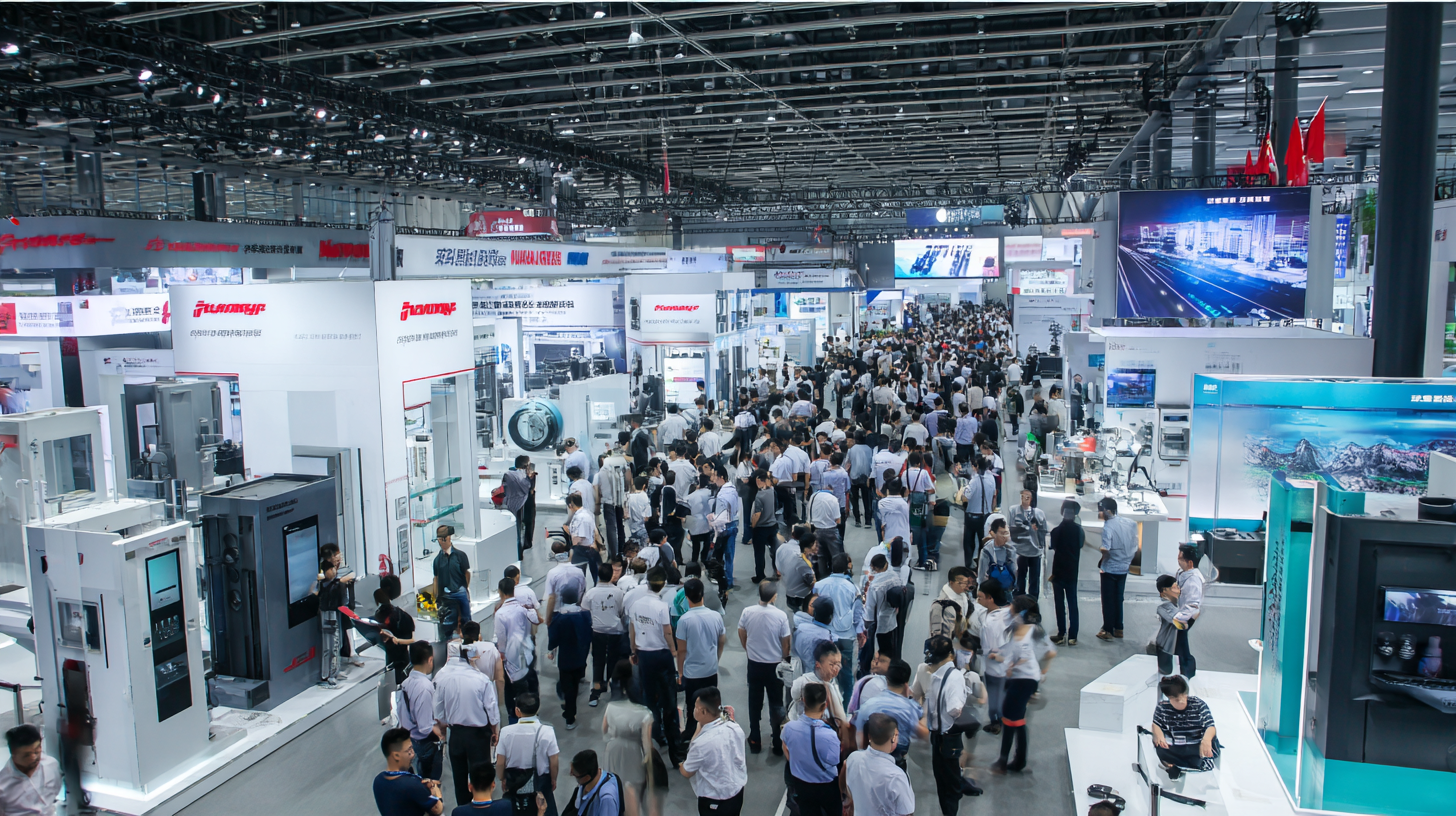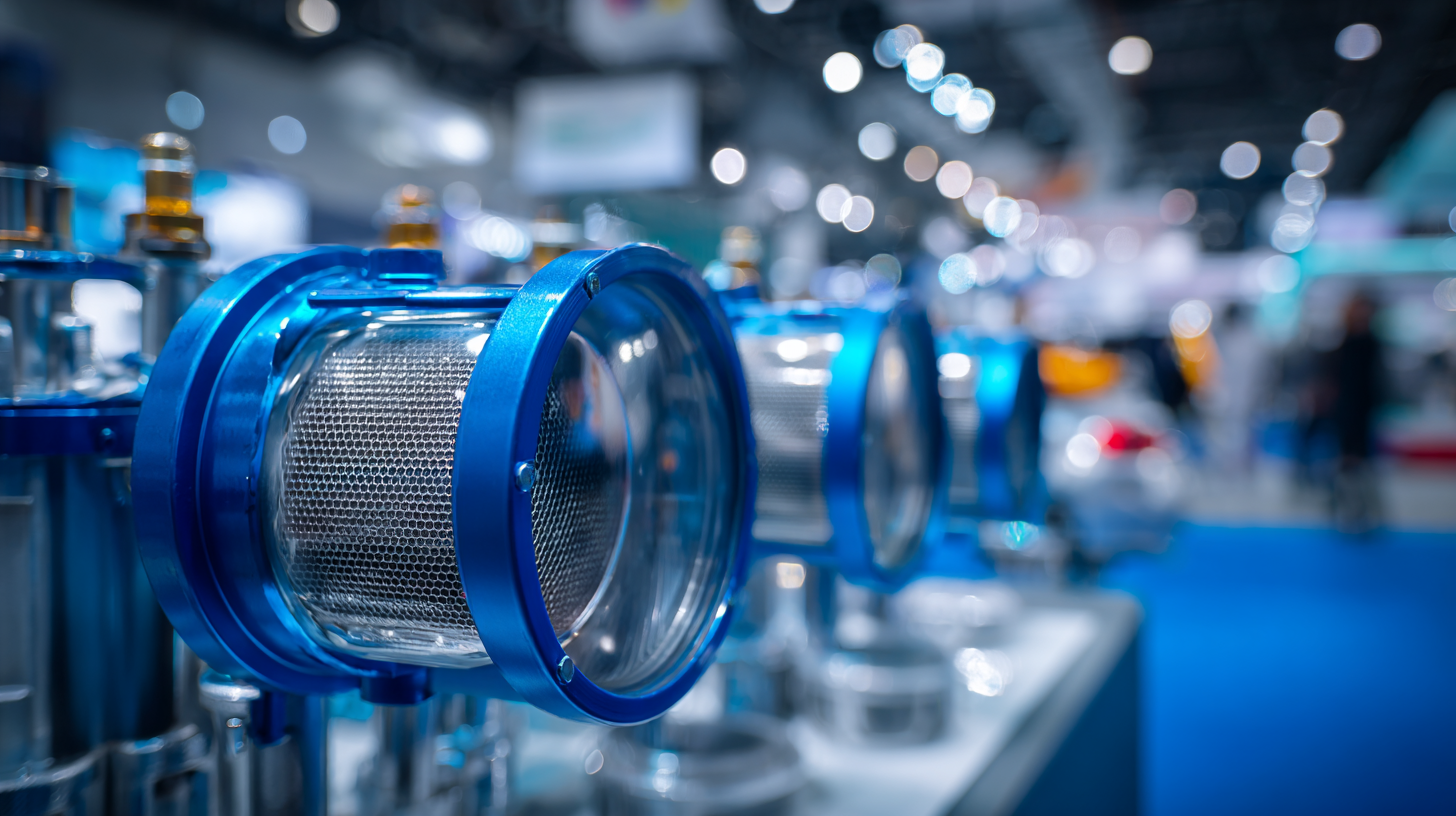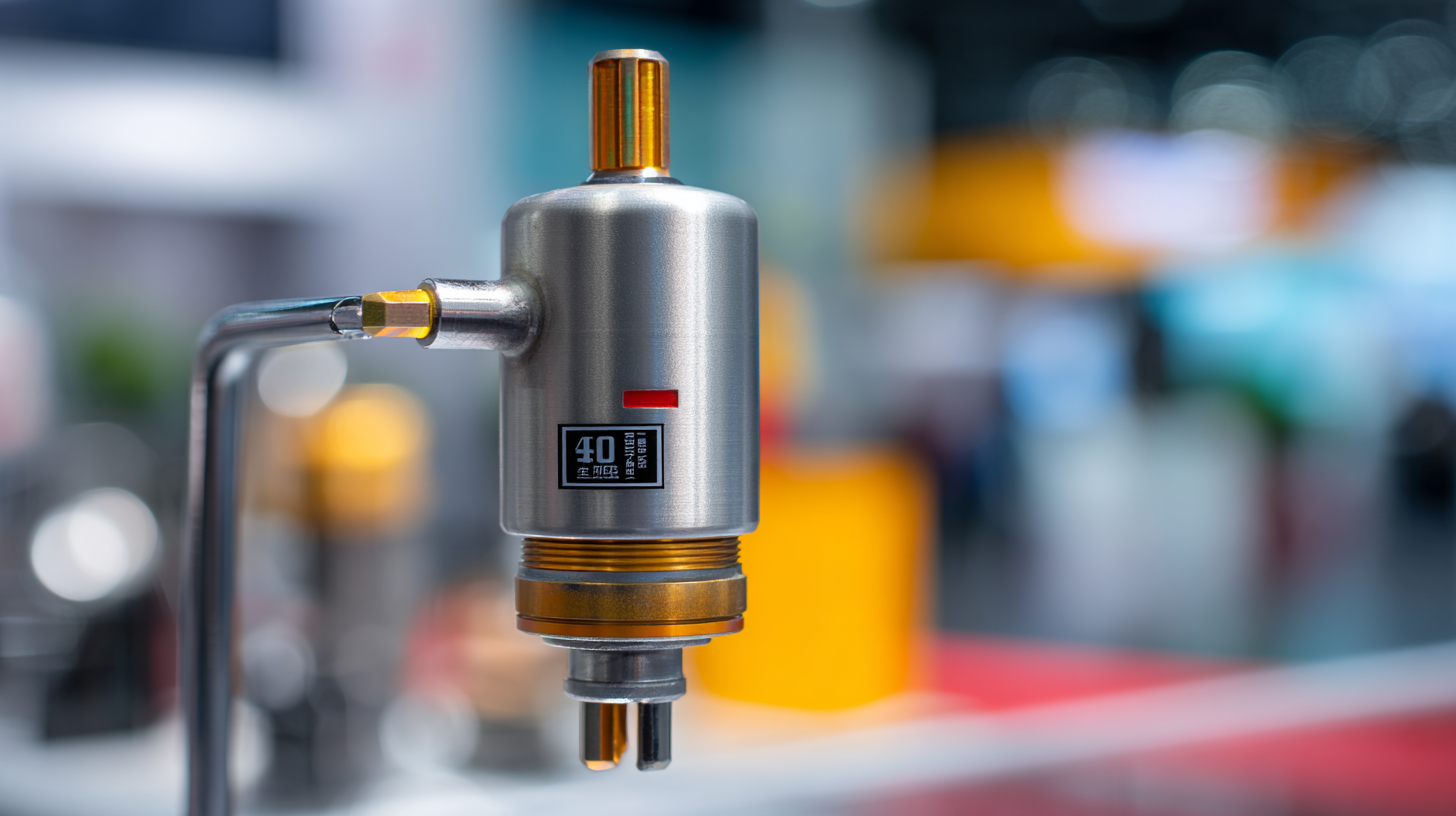The 138th Canton Fair in 2025 serves as a pivotal platform for showcasing advancements in various industries, with a particular focus on innovations in fuel filters. As the demand for energy-efficient and environmentally-friendly solutions continues to escalate, the fuel filter sector stands at the forefront of this transition, driving significant growth within the industry.

This year’s fair not only highlights the latest technological developments aimed at improving fuel filter performance but also emphasizes the importance of sustainability in manufacturing processes. Attendees are set to witness cutting-edge designs and materials that address current challenges in fuel filtration, thereby enhancing vehicle efficiency and reducing emissions.
With a strong emphasis on international collaboration, the event aims to foster partnerships and encourage knowledge exchange among industry leaders, ultimately contributing to the advancement of fuel filter technologies in China and beyond.
At the 138th Canton Fair in 2025, innovative fuel filter technologies took center stage, showcasing advancements that promise to revolutionize industry standards. Exhibitors highlighted enhanced filtration systems designed to improve fuel efficiency, reduce emissions, and extend the longevity of engines. These innovations not only address environmental concerns but also cater to the growing demand for high-performance vehicles in China’s expanding automotive market.

Among the standout technologies presented were advanced materials capable of filtering out micro-contaminants, along with smart filters equipped with sensors that monitor filter status in real-time. This integration of technology not only ensures optimal performance but also aids in predictive maintenance, showcasing the industry's shift towards more intelligent and sustainable solutions. The enthusiasm around these advancements at the Canton Fair indicates a transformative era for fuel filtration, with participants eager to forge partnerships and steer the future of automotive technology in China.
The fuel filter market in China is poised for significant growth, driven by advancements in technology and increasing environmental regulations. According to a recent report by ResearchAndMarkets, the fuel filter market in China is expected to reach approximately USD 1.5 billion by 2027, growing at a CAGR of 6.2%. This growth is largely fueled by the rising demand for fuel-efficient vehicles and stricter emissions standards, placing a strong emphasis on the quality of fuel filtering systems.

As innovations continue to shape the industry, manufacturers are exploring advanced materials and designs to enhance filtration efficiency. For instance, the adoption of nanofiber technology is revolutionizing fuel filtration by providing superior contaminant capture without compromising flow rates. Additionally, the integration of IoT technology is enabling real-time monitoring of filter conditions, ensuring optimal performance and reducing maintenance costs.
Tips: To stay ahead in the market, automobile manufacturers should consider collaborating with fuel filter suppliers who are investing in R&D. Regularly revisiting maintenance schedules based on real-time data can also prolong the lifespan of fuel filters, ultimately improving engine performance and longevity.
The recent regulatory changes in fuel filter technology are shaping the automotive industry and driving significant innovations. As stricter emission norms emerge, manufacturers are compelled to rethink their design and production processes. This shift not only aims to meet compliance standards but also enhances the overall efficiency and performance of fuel filters. Innovations such as advanced filtration materials, smart monitoring systems, and modular designs are becoming crucial to adapting to the evolving regulatory landscape. These advancements are not merely reactive; they also push the boundaries of sustainable practices in the industry, which are essential for long-term viability.
Moreover, with the increasing pressure to reduce carbon footprints and promote environmental sustainability, these innovations are gaining momentum. The impact of regulatory changes is evident in the development of ultra-low sulfur diesel filters, which significantly reduce harmful emissions. The exploration of alternative fuels and their integration into existing systems demonstrate the industry's commitment to innovation while adhering to regulatory standards. As the 138th Canton Fair approaches, these trends will likely be highlighted, showcasing how regulatory frameworks can drive growth and innovation in China’s fuel filter sector.
This chart illustrates the growth of innovations in fuel filters from 2020 to 2025, highlighting the significant impact of regulatory changes and industry advancements showcased at the 138th Canton Fair 2025.
The 138th Canton Fair in 2025 is set to be a pivotal event for both domestic and international manufacturers, particularly in the realm of fuel filters. Collaborative opportunities abound as brands from around the globe gather in China, presenting a unique platform to share innovations and enhance industry standards. This synergy not only fosters growth but also drives the localization of production, benefiting all participants through shared expertise and resources.
As the industry evolves, it is crucial for manufacturers to embrace collaborative strategies. Here are some tips to enhance partnership effectiveness:
At the 138th Canton Fair 2025, sustainability practices within the fuel filter industry take center stage, highlighting the sector's commitment to environmental responsibility. Exhibitors are showcasing innovative fuel filtration technologies that not only enhance performance but also minimize ecological footprints. Leading manufacturers are increasingly adopting eco-friendly materials and processes that reduce waste and energy consumption, aligning with global efforts to combat climate change.
Moreover, discussions at the fair emphasize the importance of circular economy principles in the fuel filter industry. Companies are collaborating on recycling initiatives and the development of biodegradable filters, aiming to optimize the lifecycle of their products. These practices attract a growing clientele that prioritizes sustainability, driving both consumer awareness and market growth in China. As the industry progresses, it becomes clearer that integrating sustainability not only meets regulatory demands but also enhances competitive advantage, setting a new standard for innovation in fuel filtration.
| Innovation Type | Sustainability Practices | Market Impact | Technological Advancements | Estimated Growth Rate (%) |
|---|---|---|---|---|
| Nanotechnology in Filtration | Use of biodegradable materials | Enhanced fuel efficiency | Advanced particle capture technology | 15% |
| Smart Filter Technology | Recyclable filter components | Decrease in emissions | Real-time monitoring systems | 20% |
| High-Performance Filters | Utilization of natural fibers | Increased market demand | Enhanced filtration efficiency | 18% |
| Replacement Interval Innovations | Sustainable production methods | Cost reduction for consumers | Longer lifespan of filters | 12% |






